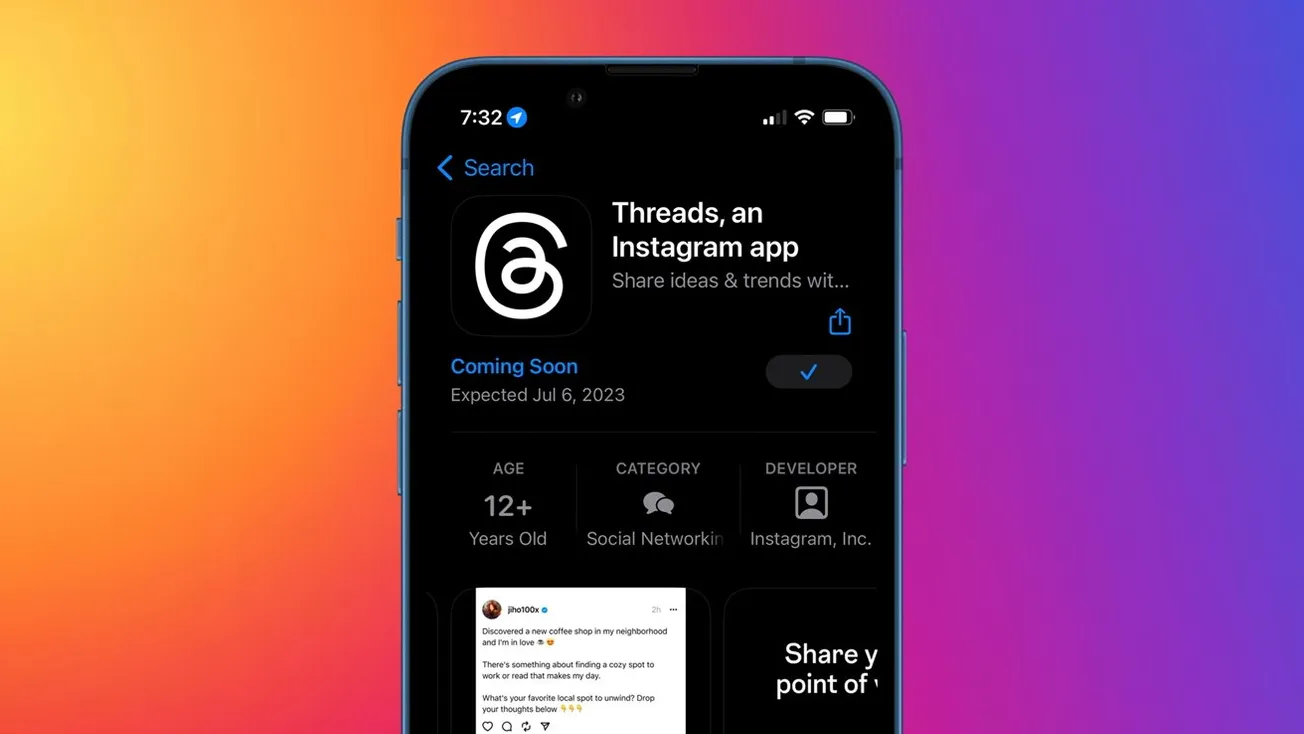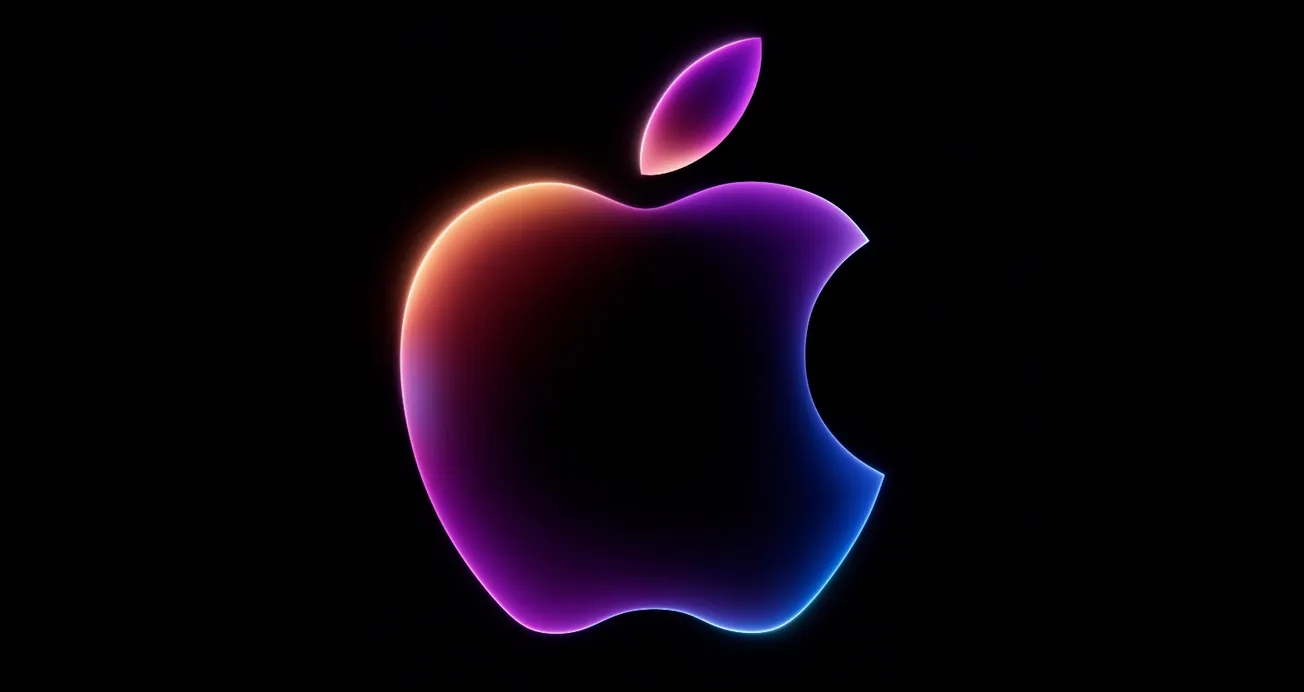You may already be familiar with Threads, Meta's recently launched social media application that bears a striking resemblance to Twitter. You might have also come across the news that Threads has promised to integrate itself with ActivityPub and become a part of the Fediverse, and I believe that this might be the best opportunity for the Fediverse to become mainstream.
To put it simply, the Fediverse (a combination of "federation" and "universe") refers to a decentralised network of interconnected servers that can communicate with one another. Unlike conventional social networks such as Facebook, Instagram, Snapchat, and Twitter, which have their own private social graphs, the Fediverse allows you to move between different social networks while retaining your followers and social connections. Additionally, in private social networks, you have limited control over the creation, application, and management of content and moderation rules, as they are determined by the companies that own the platforms. The Fediverse aims to address this issue by enabling the creation of multiple interconnected networks, each with its own unique rules for content and moderation. This way, no single company has full control over the entire network and its policies. If you're dissatisfied with the server you're currently on, you have the freedom to switch to a different server with different rules, while taking your followers and social connections with you. This is the promise of the Fediverse. To facilitate communication between these diverse networks, the protocol used is called ActivityPub.
To illustrate the concept, email serves as an excellent example. We have various private email providers such as Gmail, Outlook, Yahoo and Fastmail, among others. However, these private email providers can communicate with each other by employing open web standards like POP and IMAP. This means that if you're dissatisfied with your current email provider, you can seamlessly transition to another provider while retaining your contacts and emails. This is how the Fediverse is designed to work for social networks.
It may come as a surprise, but ActivityPub is an established W3C standard, and one of the notable social networks utilising it is Mastodon. Despite its inception in 2016, Mastodon didn't gain significant traction until 2022, coinciding with Twitter's acquisition by Elon Musk. However, Mastodon remains a niche social network with a relatively small user base compared to mainstream platforms like Facebook, Instagram, and Twitter. While Twitter's decline has contributed to more users exploring the Fediverse, Mastodon has struggled in attracting mainstream users to its platform.
Though ActivityPub is not without its flaws and requires further improvements and refinements to meet the demands of a modern social network, it is always preferable if private companies develop products using open web standards rather than proprietary standards. This is why achieving mainstream adoption of ActivityPub is important for both users and society as a whole. By having a greater number of networks embracing ActivityPub, it diminishes the extent to which corporations can exert complete control over these networks, and would be a positive development. Therefore, when Meta and Instagram announced that Threads would eventually adopt ActivityPub, it presents a remarkable opportunity to attract more mainstream users to the Fediverse.
The announcement of Threads integrating with ActivityPub and potentially federating with Meta's new social network sparked significant criticism within the Mastodon community. The debate within the Mastodon community regarding federation with Meta has been ongoing. Many Mastodon servers expressed their mistrust towards the company and voiced their opposition to federating with Meta's network. Personally, I believe that those who oppose this opportunity are overlooking the potential for expanding the Fediverse. I support Mastodon instances maintaining their openness and choosing to federate with Meta. This would enable the inclusion of a major tech social network within the Fediverse and serve as a great example that other networks can follow suit.
Indeed, there are numerous uncertainties and variables to consider in this assumption. However, it undeniably presents a remarkable opportunity for this technology to bring one of the largest social network companies onboard with the use of open web standards for building a social network. If this experiment proves successful, it would set a positive precedent and pave the way for future integration with the Fediverse. Consequently, any new social network introduced would be expected to align with the Fediverse, potentially circumventing the issues we have encountered with Facebook, Twitter, and Instagram acting as dominant, centralised entities governing their respective networks.
Threads already boasts a user base of over 100 million, and would make it the largest server within the Fediverse once it federates with the rest of the network. Those who oppose this integration express concerns about Meta potentially following a pattern of embracing, extending, and ultimately extinguishing the ActivityPub protocol. However, I maintain an optimistic viewpoint and believe that Meta is unlikely to take such actions. From my perspective, Threads could be to the Fediverse what Gmail has been to email, and I perceive this as a positive development. In my opinion, mandating that Big Tech utilise open web standards beyond their control, while enabling users to switch networks and retain their social connections, ultimately benefits users, encourages healthy competition, and has positive implications for society as a whole.








